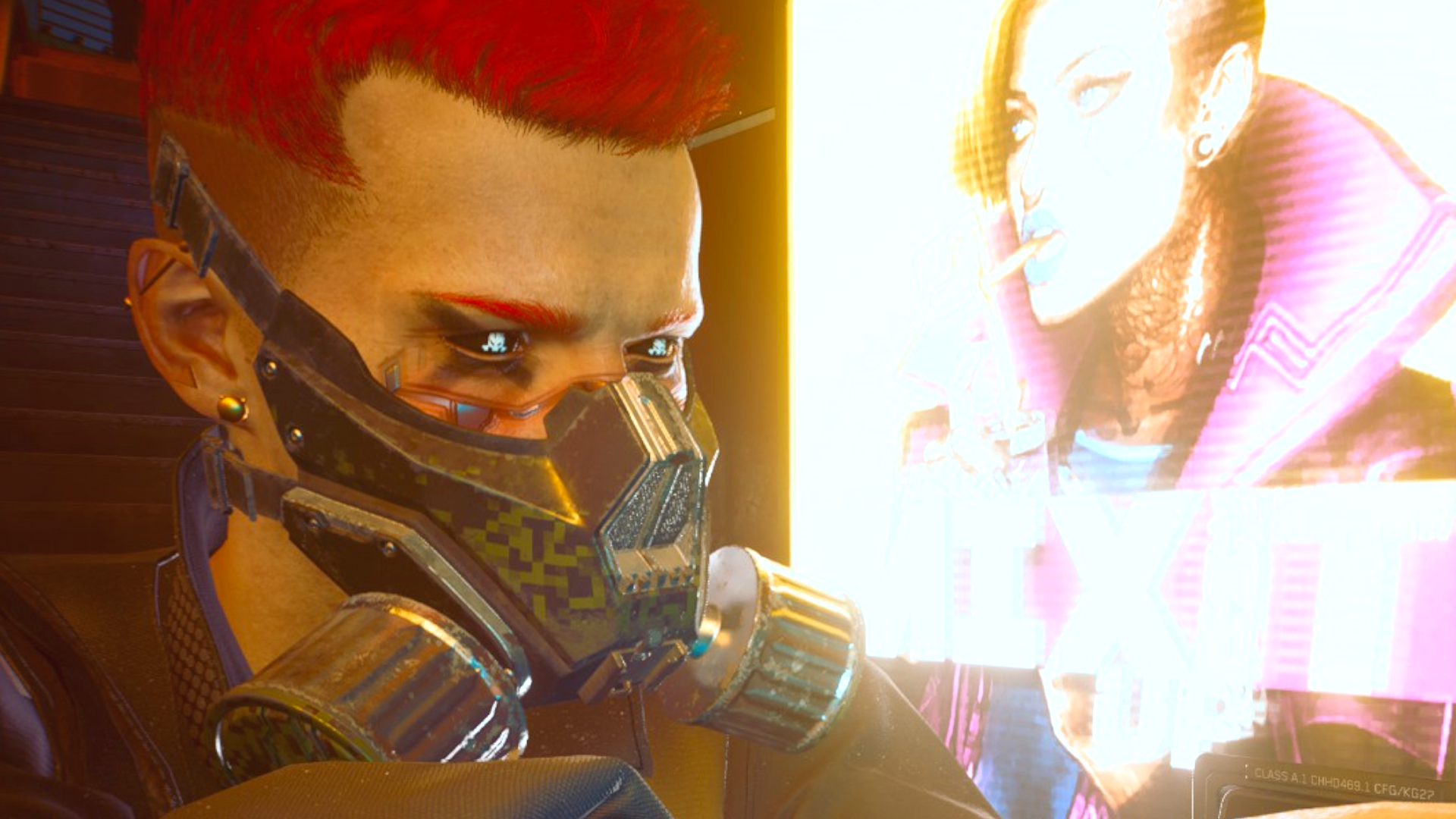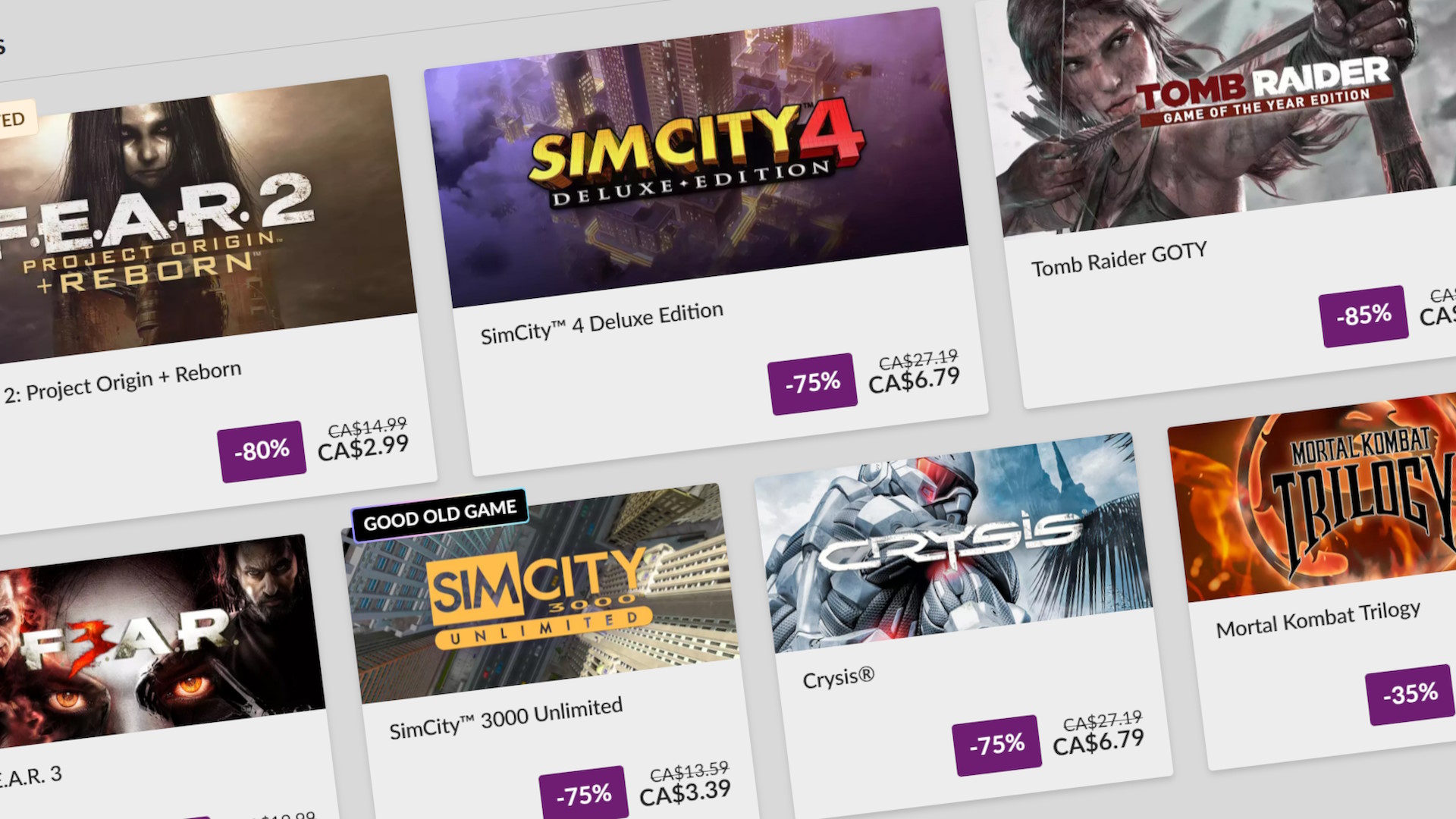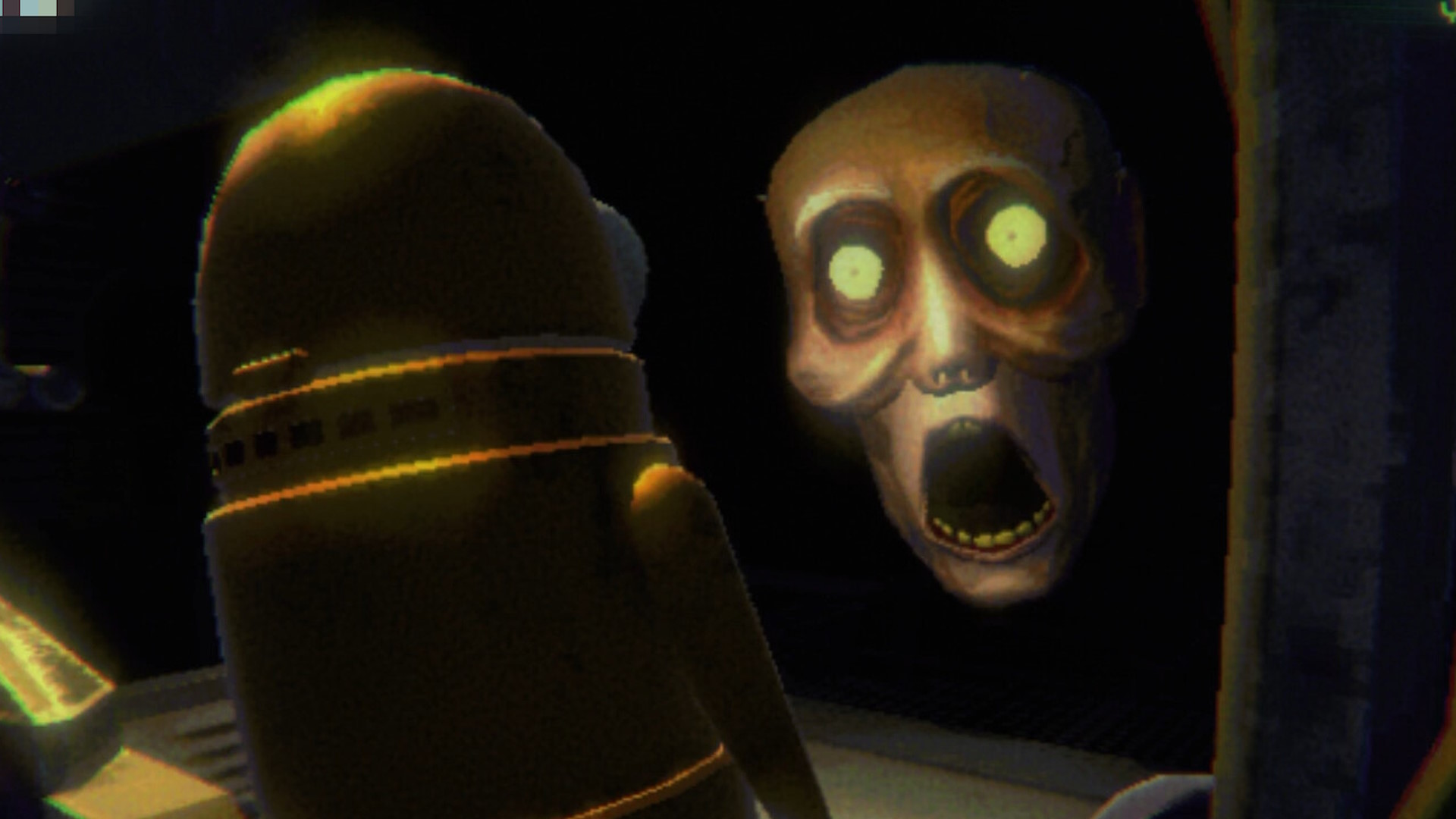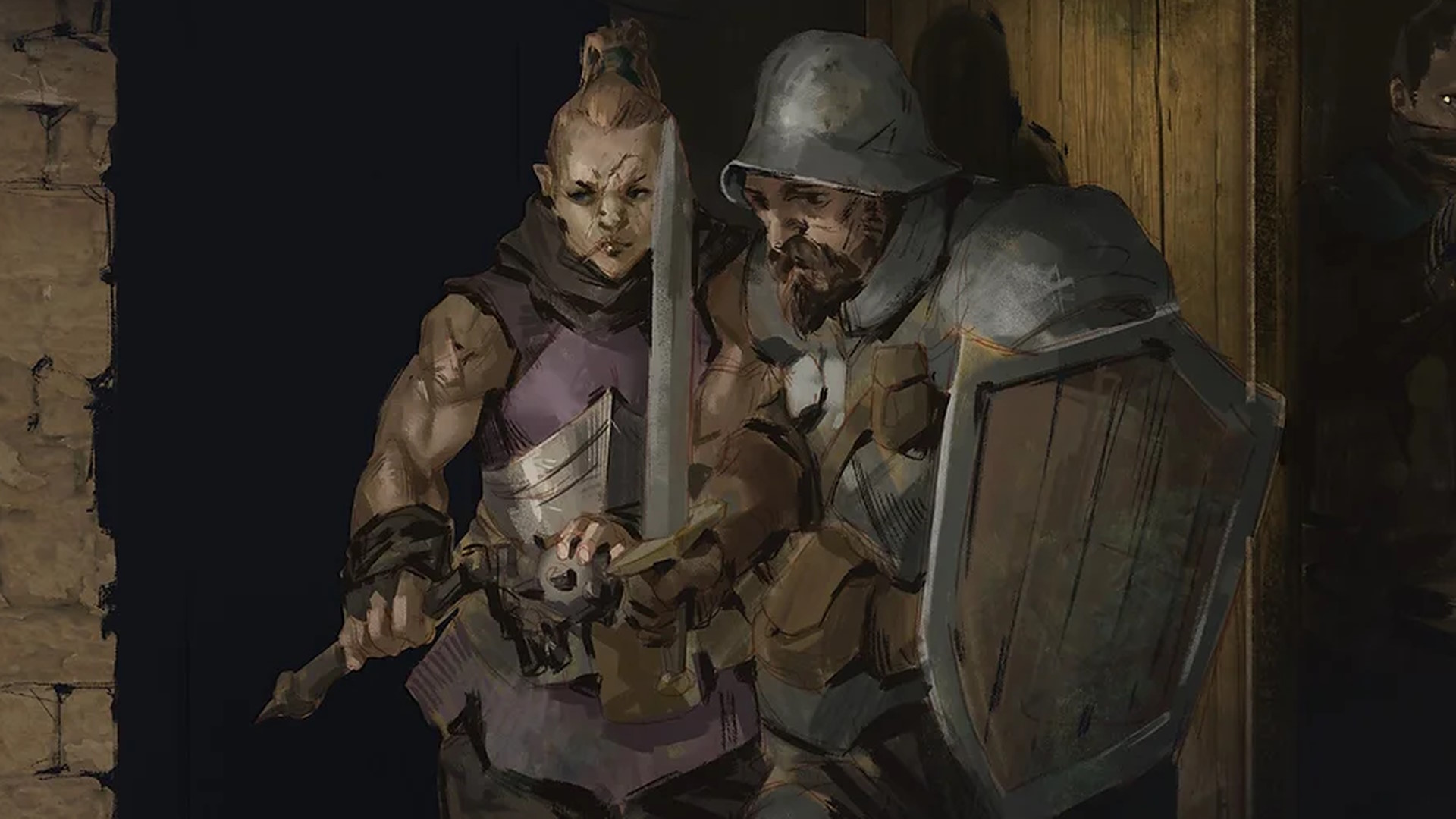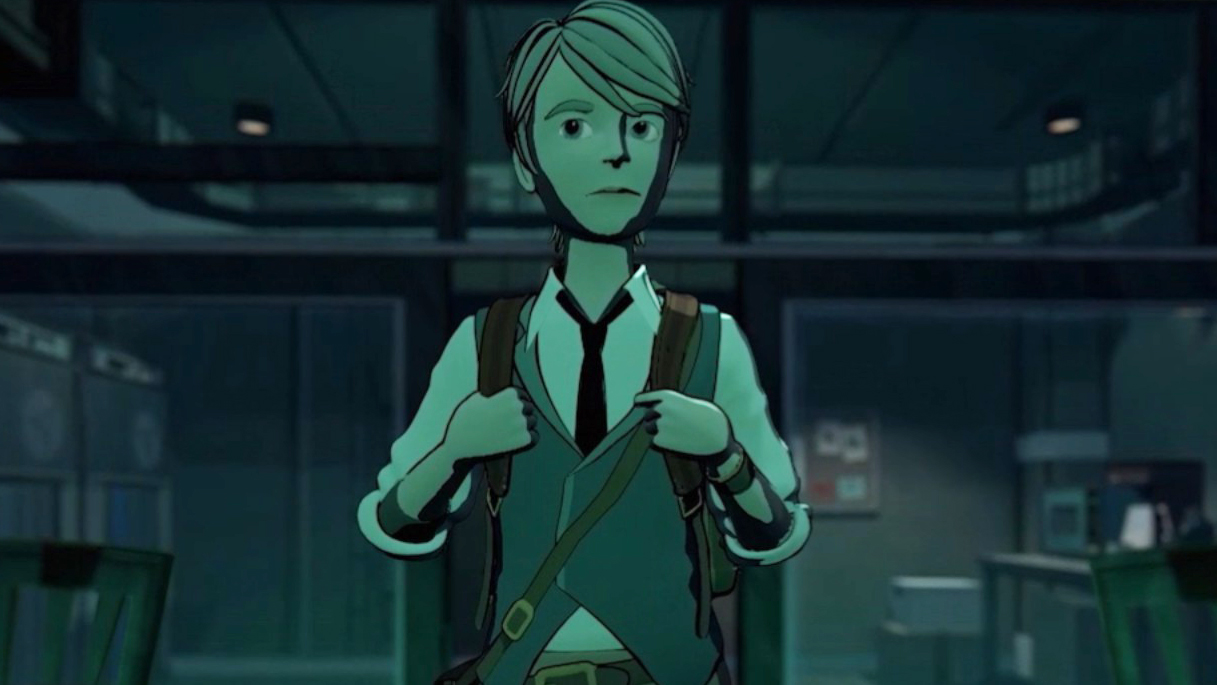I’ve never played Cyberpunk 2077 until recently. I didn’t have this job when it came out, I didn’t have a PC that could run it, and its massive bug baggage gave me pause. Add in some (well articulated) critiques about how the story handles its punk, anti-establishment roots, and I felt better off.
Well, now I do have this job, and a PC that can run it, and a professional obligation to see what’s going on with the latest, shiny game. About 20 hours in, and I’m already in love—but that love comes with a big, dangling asterisk and a whole lot of complicated feelings.
The RPG systems tune-up from 2.0 has my theorycrafting brain frothing at the mouth already. I went for a mix of Reflexes and Cool, turning my V into a knife-throwing menace that can leap tall buildings in a single bound. The game runs smoothly for me, only chugging noticeably in the new DLC’s Dogtown—which, to be fair, already has an official advisory.
The story’s better than I expected, too—I can see the criticisms, and they’re fair, but I think the tale it’s trying to tell is well-written with some solid character work. The worldbuilding, characters, and moment-to-moment dialogue are all basically excellent, outside of its wider issues. In short, I am pleasantly surprised.
But this surprise feels uncomfortable, somehow, like a nice shirt that’s just one size too small. There’s this frustration brimming in the back of my mind like a trojan virus. When laying out the game’s redemption story, PC Gamer’s Wes Fenlon summed it up well as “the most successful flop of all time”. The game’s launch was a complete mess, even from where I was dispassionately sitting.
Some of it was funny, like all the floating NPCs and bugs. Other problems didn’t make me laugh, like former GameInformer writer (and current Destiny 2 community manager) Liana Ruppert suffering a seizure from the game’s braindance cutscenes, or the studio’s lingering issues with crunch culture, with a statement botched so badly it needed an apology from the co-CEO who made it. There have since been promises that things are different, but I still find myself staring down the barrel of these issues whenever I boot the game up—especially when, y’know. The game’s themes hew close to worker exploitation a whole lot.
There’s also the player’s point of view. It is not a controversial opinion to say that a game should probably work when you buy it—though it’s clear plenty of upset players take things too far in the industry at large. Still, I feel for those normal people (who don’t send devs threats when they’re upset) who got excited, then hit unplayable performance issues and bugs. I do not envy the letdown.
This is just how it is, now
(Image credit: CD Projekt Red)
Is this just our new normal? Thanks to their increasing complexity and ballooning scope, most games need a slew of patches, updates and hotfixes. Heck, even Baldur’s Gate 3, a game we gave one of our highest review scores ever, is measurably better a month and a half after launch. And that thing came out of a studio which, as far as I can tell, has been doing things right—with both its company culture and listening to its community. Star Wars: Jedi Survivor is a similar story. Great game, one of my favourites this year—plagued with performance issues at launch.
There’s also No Man’s Sky. One of the biggest hype trains I’ve seen crash and burn, promising the stars but launching in a state that, to many players, felt like an ocean miles wide but one inch deep. Seven years on, it’s still getting updates—and from what I’ve heard, the game’s genuinely worth your time and money. It’s been a heroic effort from the devs at Hello Games, but if you went back in time to tell those excited fans on launch day it’d take over half a decade for the game to be worth that emotional investment, I think their heads would explode.
These redemption stories are a testament to the hard work of the devs who make these games, and I don’t want to ignore that. Almost every one of these examples has been saved by the elbow grease, skill, and determination of people who really care—their games often pushed out the door before their time for reasons outside their control. And yet, almost every blockbuster game will be better one or two months—or in the case of Cyberpunk 2077, almost three years—after it launches.
Flop ‘n’ roll
(Image credit: CD Projekt Red)
What haunts my newfound love for the world of Cyberpunk is the ghost of frustrations past, and I can’t, in good conscience, go on recommending this game without paying those dues. I don’t think it’s an indictment of the game we’ve ended up with, either—this is a complex feeling, one that the English language is failing me on. I’m sure there’s a multisyllabic German phrase out there that nails it perfectly.
But this situation everybody’s found themselves in—players, critics, and devs alike—does kind of suck, doesn’t it? It’s a relief these games aren’t just becoming abandonware. There’s hope for a game that flops on launch to, one day, become what it was truly meant to be. But with that comes an anxious cloud of uncertainty.
Ted Litchfield actually pointed this out yesterday—Cyberpunk 2077 has had so many “now is the time to play” moments after its launch. From my outsider’s point of view, Cyberpunk’s felt like a busy road without traffic lights. I feel like I’ve only just stopped fretting over traffic, and finally crossed that road (I am become the chicken who got to the other side). But I wouldn’t be enjoying it half as much if I’d tried to cross earlier. And for those who ran across that road as soon as they could, well—no-one likes getting hit by a car.
I waited almost three years to play Cyberpunk 2077, and I genuinely think you should play this game. I think you’ll have a really good time, and I think the hard work from its devs has paid off. But I say these things with a bittersweet kind of dread. These redemption arcs are here to stay, and as inspiring as they are, I think that’s actually pretty hard on everybody who likes games—not to mention the people trying to make them.






